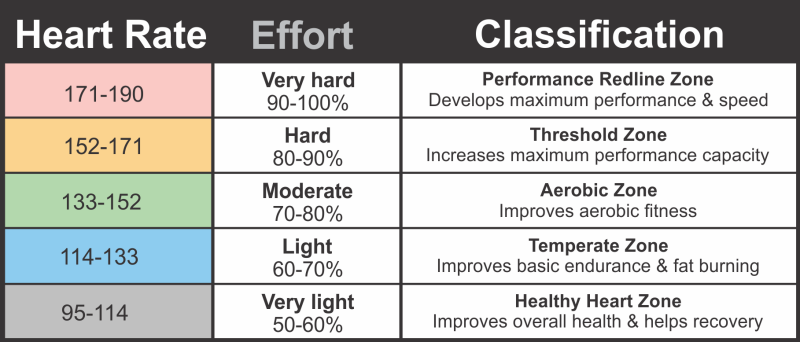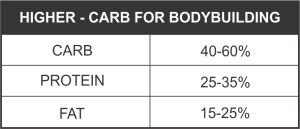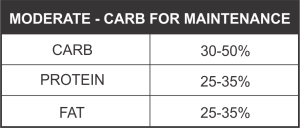Body Mass Index or BMI Calculator
What is body mass index (BMI)?

BMI uses weight and height to determine whether an adult is within the healthy weight range, underweight, overweight or obese.
It provides an estimate of total body fat and your risk of developing weight-related diseases.
Two methods that are commonly used to estimate whether you are a healthy weight or not are body mass index (BMI) and waist circumference.
But we are going to have a closer look at BMI.
BMI is calculated by dividing weight by the square of height as follows: BMI = Weight (kg)/Height (m)2
Use our BMI calculator to quickly work out your BMI.
For example, BMI = 60(kg) / 1.75(m)2
Your height (centimeters):
Your BMI is :



